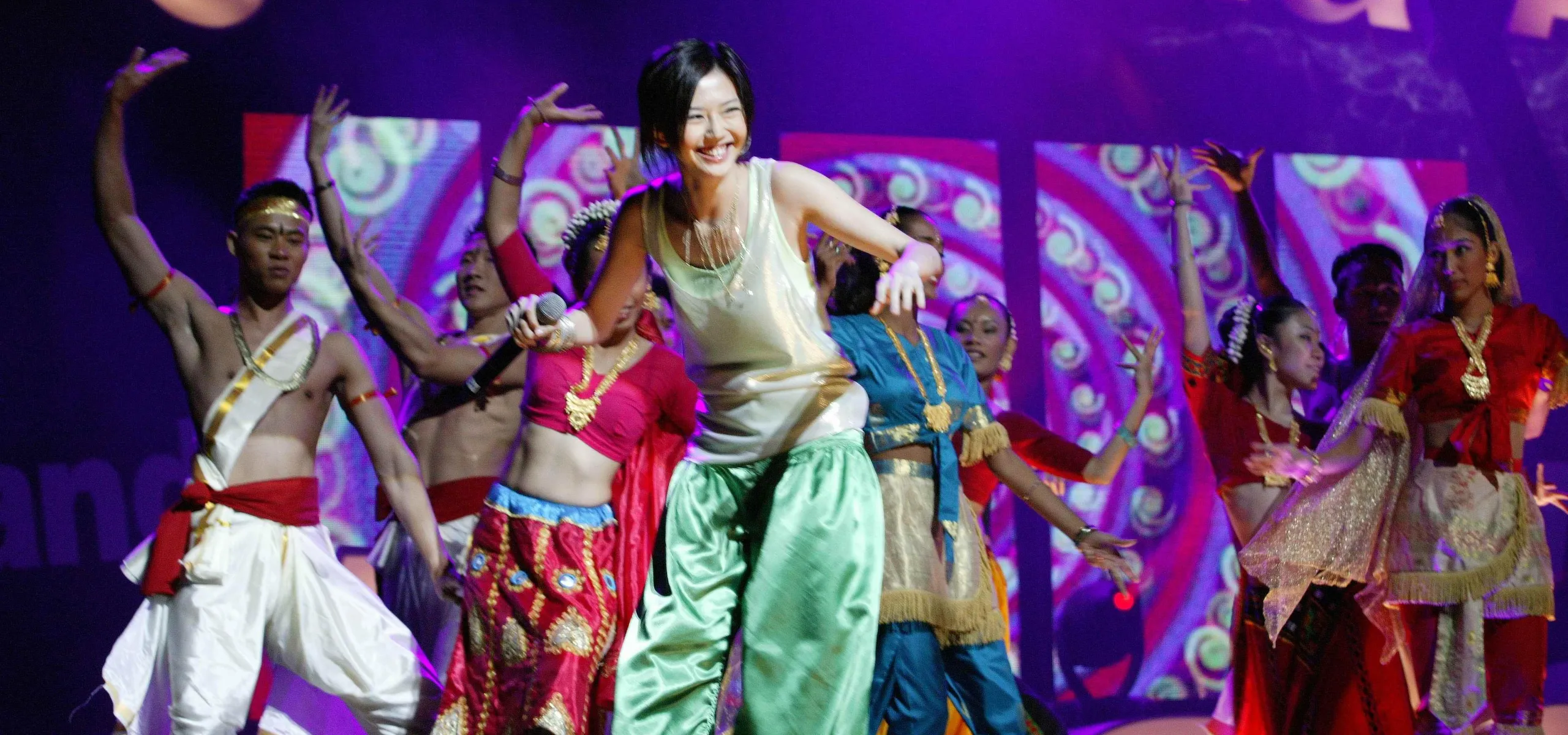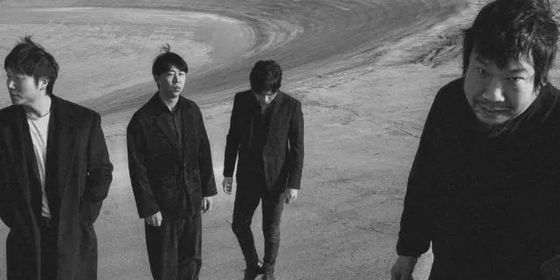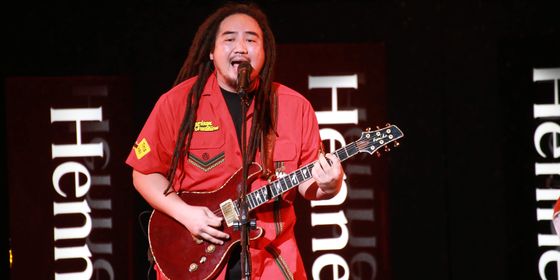Singapore artists used to be Mandopop royalty, but new acts are struggling to make a breakthrough
It might only be a tiny dot on the map, but Singapore’s influence on the Chinese music industry is anything but small. When an AI hobbyist put out a deep-fake version of Stefanie Sun, one of the city-state’s most successful singers, and got her to cover 1,000 songs back in May, the video achieved millions of combined views on streaming platform Bilibili. It also triggered a flood of nostalgia from Chinese netizens reminiscing about their musical idol of the early 2000s.
With a population of only 5.45 million, Singapore’s music market is relatively small, but linguistically diverse. According to a 2022 survey by the National Arts Council (NAC), around 63 percent of Singaporeans listen to English music, 50 percent to Chinese music, 14 percent to Korean, 10 percent to Malay, and 6 percent to Tamil—capturing all the major languages spoken on the island as well as the pervasive power of K-pop. The survey also found that 67 percent of Singaporeans listen to “local music,” referring to music composed or performed by citizens of the country.
However, despite the stratospheric success of a select group of Singaporean Mandopop singers, back home the grassroots Chinese scene is struggling to find spaces to perform—and even audiences to perform to. Local musicians are trying to find their place in a traditionally export-focused musical ecosystem, and looking to empower a new generation of performers and listeners in the process.
As a subsection of the whole market, the Singaporean Chinese music market is dwarfed in size by its neighbors in Beijing, Taipei, or even Hong Kong. But the island has consistently produced a trend of regionally iconic local artists. According to Singaporean awards and media platform Freshmusic, the golden age of Singaporean Chinese-language music in the early 2000s saw superstars JJ Lin, Stefanie Sun, and Tanya Chua propel themselves into the top echelons of Mandopop royalty, a position the three all still hold today.













